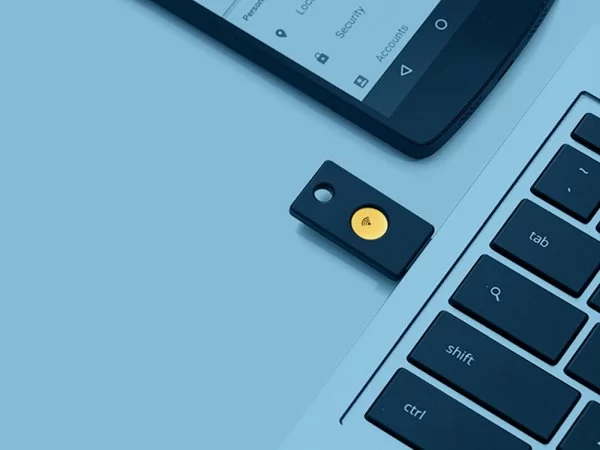In the last decade, the number of electronic devices the average person owns has skyrocketed. From having just a personal computer at home, and perhaps a laptop for work and a mobile phone, we now are more likely to have two or more personal computers, a laptop, and tablet computers and smart phones that have more computing power than a PC from the 1980s.
With all these devices we use, comes an excess of data. We create huge volumes of data as we work and play on our devices. Our social media posts, documents for work, personal emails and maybe hundreds of photographs now exist on our hard drives and cloud servers, and it is often more data than we can control.
Amongst all this data, there can often be sensitive information about ourselves, like bank details, addresses or telephone numbers, and this data makes us vulnerable to attack from hackers. We could also lose this data if we lose our devices, or a hard drive breaks, meaning it is not there when we need it. This quick guide should give you a few ideas on how to protect your data, and what to do if you think your data has been hacked.
Are Your Devices Backing Up to a Cloud Service?
Cloud services give consumers the opportunity to create a back-up of all the files on their devices in case they lose data or the device. Cloud services synchronize the data on your phone with a hard drive in a secure location. All your data is copied to the cloud, including every document, photograph and even your messages on your phone, so if you lose your phone or laptop, you don’t lose all of your work or family photographs.
Do You Use Encryption and Screen Locking?
There is a lot of good software available that can encrypt the data on your hard drive, making it difficult or impossible for a hacker to access your files. Using encryption is like putting a password lock on every file; without the passkey, the file cannot be accessed and the data is unreadable. Using a screen lock on your device is a basic but effective way to protect your data and your device when you are not around.
What Do You Do If You’ve Been Hacked?
If your device starts behaving strangely, or you are receiving emails from services you use that don’t make sense to you, the you may have been hacked. Companies such as Secure Forensics can help you by analyzing your device to find the source of the data breach and help you recover any lost data.
With so many devices in our possession, it can be very difficult to protect sensitive information, and you can easily lose an important file if a device breaks or is lost or malfunctions. With cloud servers, we can keep a secure, up-to-date back up of all our files, and by using data encryption and screen locks we can do a lot to protect our devices from abuse.


